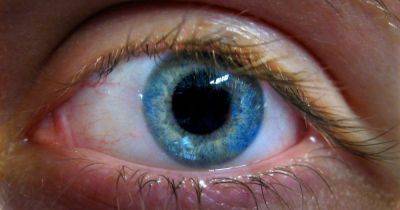Alzheimer's blood test could 'revolutionise' early diagnosis in over 50s
A blood test for Alzheimer's could be used to introduce routine testing for people over 50.
It comes as research found that the blood test to detect the disease could be just as accurate as lumbar punctures, which are painful and invasive.
Experts have said that testing blood for levels of a protein called p-tau217, which is a marker for biological changes that happen in the brain during Alzheimer’s disease, could be just as good at detecting the disease, and better than a range of other tests currently under development.
READ MORE: The key melanoma symptoms to look out for after Sarah Ferguson is diagnosed with skin cancer
Try MEN Premium now for FREE... just click here to give it a go.
It could lead to routine testing for the disease in later life every few years - similar to cholesterol testing - according to one expert.
Currently the only way to prove that someone has a build-up of the proteins in the brain is to have a lumbar puncture or an amyloid PET scan, which are available in only about one in 20 NHS memory clinics. A lumbar puncture involves a needle being inserted into the lower back, between the bones in the spine.
In the University of Gothenburg study of 786 people, the researchers were able to use the The ALZpath p-tau217 test to identify patients as likely, intermediate and unlikely to have Alzheimer’s disease.
The new findings have the potential to “revolutionise” diagnosis for people with suspected Alzheimer’s, experts say. Dr Richard Oakley, associate director of research and innovation at the Alzheimer’s Society, said the study was a "hugely welcome step in the right direction".
Furthermore, he said: "It suggests results from these tests could be clear enough to not require further








